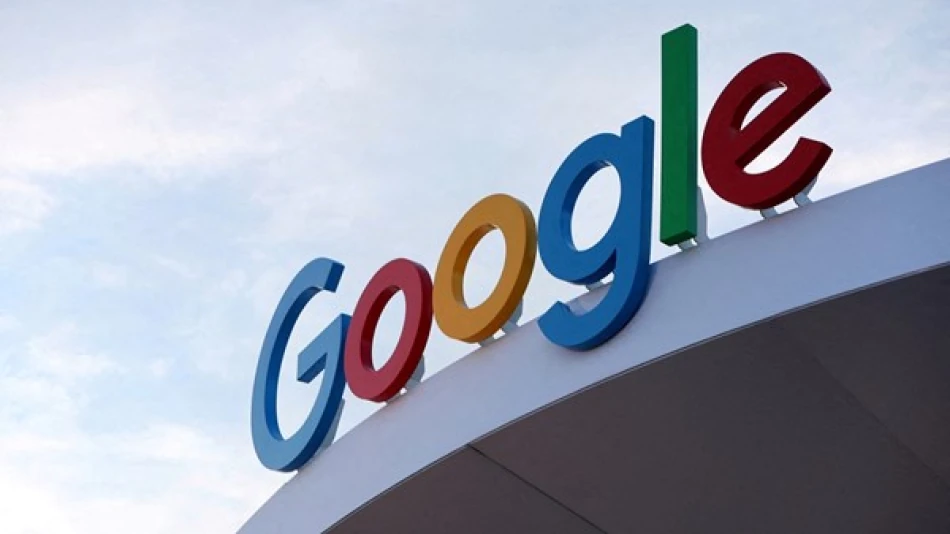
EU Fines Google $3.5 Billion for Antitrust Violations, Sparking Debate on Tech Giants' Market Dominance
Google Hit with Record €2.95 Billion EU Fine Over Digital Advertising Monopoly Abuse
The European Commission has imposed a staggering €2.95 billion ($3.5 billion) fine on Google for systematically favoring its own digital advertising services over competitors since 2014. The penalty, one of the largest antitrust fines in EU history, marks a decisive escalation in Europe's campaign to curb Big Tech's market dominance and signals a new era of regulatory enforcement that could reshape the global digital advertising landscape.
The Heart of the Conflict: Self-Preferencing in Ad Tech
The Commission's investigation revealed that Google exploited its dominant position across multiple layers of the digital advertising ecosystem. Acting simultaneously as an advertiser, intermediary, and platform provider, Google created what regulators describe as an inherent conflict of interest that stifled competition and innovation.
Since 2014, Google has allegedly used its market power to give its own advertising products unfair advantages over rivals, violating Article 102 of the EU Treaty on market abuse. The company now has 60 days to outline how it will restructure its business model to comply with EU competition rules.
Why This Matters Beyond Europe
A Global Template for Tech Regulation
This ruling extends far beyond European borders. The EU's approach to Big Tech regulation has consistently influenced policy frameworks worldwide, from the UK's Digital Markets Unit to similar investigations in Australia and India. Google's response to these demands will likely set precedents for how dominant tech platforms operate globally.
Market Implications for Digital Advertising
Google's advertising business generates the majority of parent company Alphabet's revenue, making this fine more than just a financial penalty—it's an attack on the company's core profit engine. The forced structural changes could open doors for competitors like Amazon's advertising platform, Microsoft's Bing Ads, and emerging players in programmatic advertising.
For advertisers and publishers, the ruling could lead to more competitive pricing and innovative ad technologies as Google's stranglehold on the market loosens. However, it may also create short-term disruption as the ecosystem adapts to new competitive dynamics.
Historical Context: Europe's War on Big Tech
This fine represents the latest salvo in the EU's decade-long battle against American tech giants. Previous targets include Apple's €13 billion tax ruling, Facebook's privacy violations under GDPR, and multiple investigations into Amazon's marketplace practices. The pattern reveals a consistent European strategy: use regulatory power to level the playing field where market forces have failed.
Unlike the US approach, which has largely relied on congressional hearings and limited enforcement, Europe has demonstrated willingness to impose meaningful financial penalties and demand structural changes. This divergence in regulatory philosophy continues to create a two-speed global internet, where tech companies must navigate increasingly complex compliance requirements.
What Comes Next
Google will likely appeal the decision, a process that could take years to resolve through European courts. However, the immediate compliance requirements mean the company cannot simply wait for legal resolution—it must begin restructuring its advertising operations within two months.
The broader implications extend to other tech giants operating in Europe. Meta, Apple, and Amazon all face ongoing investigations under the EU's new Digital Markets Act, suggesting this Google ruling is just the beginning of a more aggressive enforcement era. For investors, this creates both risks from increased regulatory costs and opportunities from a more competitive digital marketplace.
The ultimate test will be whether these regulatory interventions actually increase competition and innovation, or simply create compliance burdens that benefit established players while hindering new market entrants.
Most Viewed News

 Layla Al Mansoori
Layla Al Mansoori






